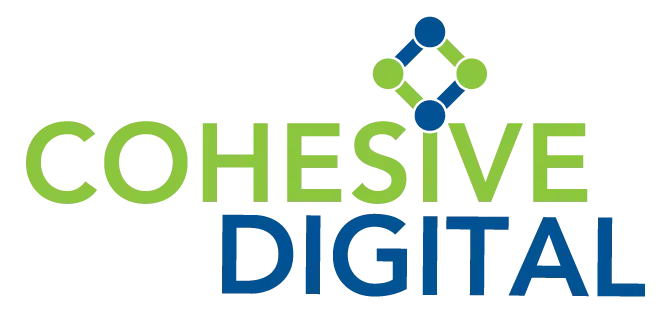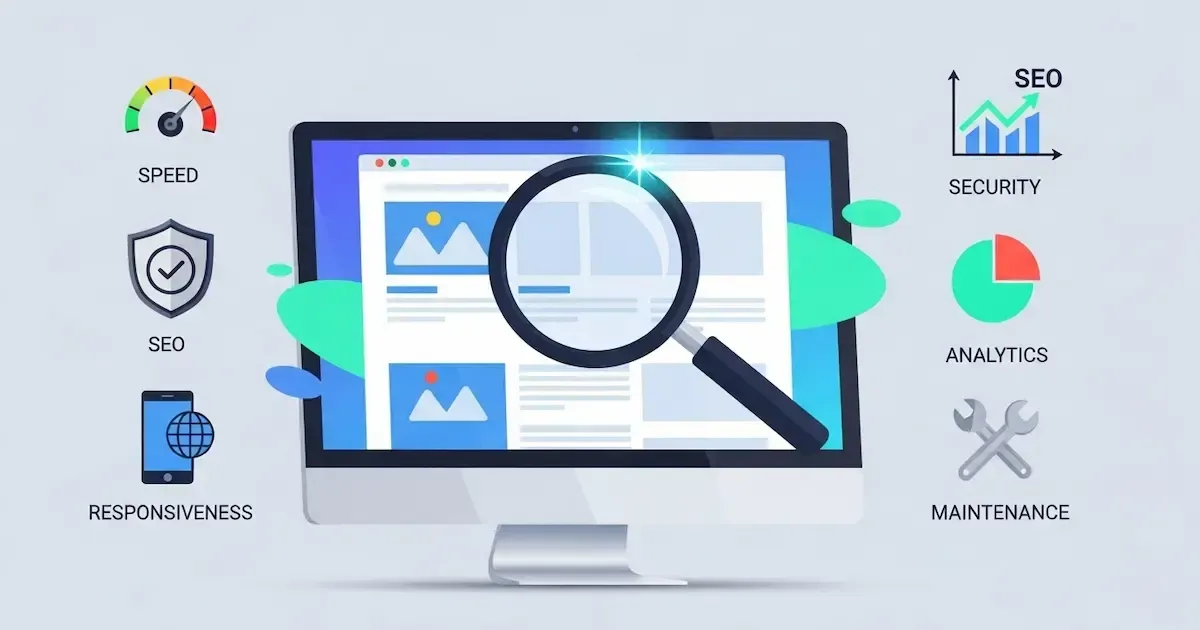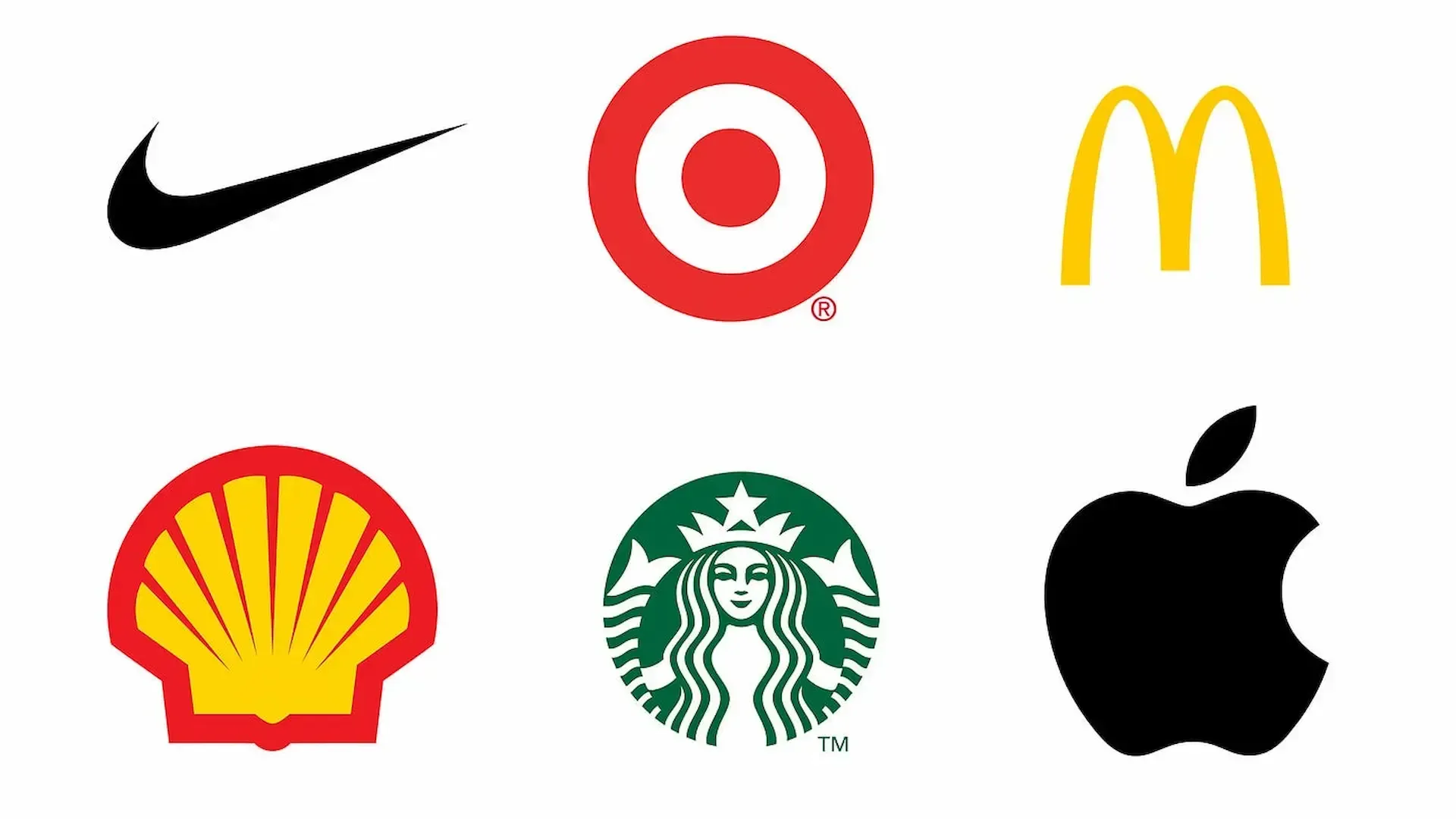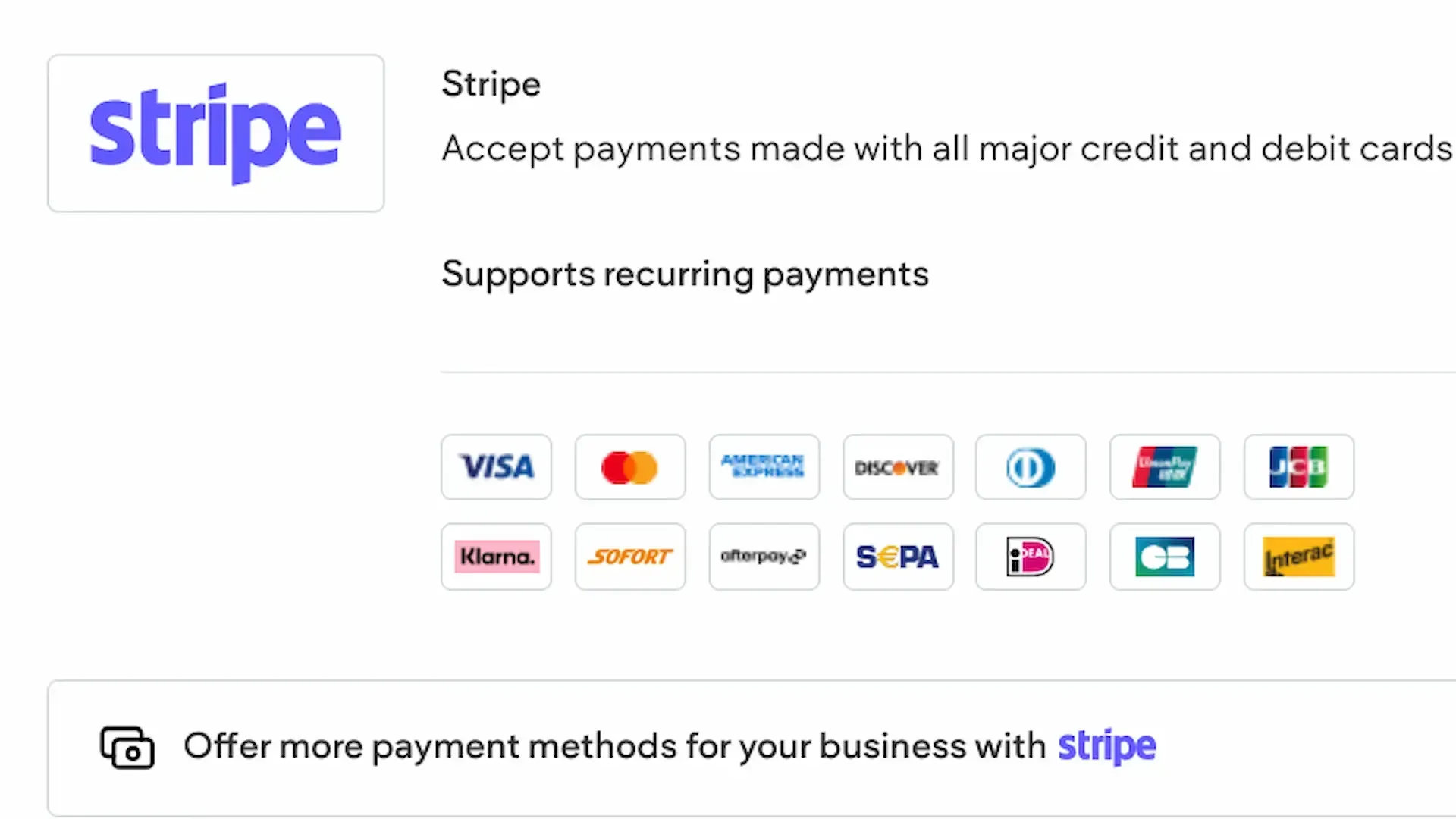Buying a domain name is a crucial step for any small business, especially in a competitive market like Zionsville, Indiana. It is more than just picking a name. It is about finding a domain that aligns with your brand and sets you up for SEO success. In this guide, we will break down the essentials of domain names and SEO, helping you make an informed decision.
Understanding the Basics of Domain Terminology
A domain name, or simply a domain, is the unique address that users type into their browser to access your website. It consists of two main parts: the second-level domain, which is the main part of your domain name (e.g., 'cohesivedigital' in cohesivedigital.com), and the top-level domain, which is the suffix at the end of your domain name (e.g., '.com' in cohesivedigital.com). Additionally, you can optionally use a subdomain, or third-level domain, to organize different sections of your website (e.g., 'seo.cohesivedigital.com'). The complete web address, including the domain name and other elements, is known as the URL.
The SEO Connection of Why Your Domain Matters
Your domain name plays a role in your overall SEO strategy, influencing factors like:
- History: A domain's past can affect its SEO. Avoid domains with a history of spam or penalties.
- Backlink Profile: The quantity and quality of links pointing to your domain influence its authority.
- Name: A memorable, brand-relevant domain name can enhance user experience and brand recognition.
While these factors indirectly contribute to SEO, other on-page and off-page optimization efforts are equally important.
Choosing a New vs. Old Domain
When deciding between a new and a previously used domain, consider the advantages and disadvantages of each. New domains offer a clean slate without inherited SEO issues, but they require building authority from scratch, which can be more costly initially. Previously used domains may have existing authority and backlinks, which can be beneficial if they are relevant to your niche. However, these domains may also have a negative SEO history, so it's important to research their past thoroughly before purchasing.
Age vs. Experience
While domain age isn't a direct ranking factor, the experience associated with it matters. A new website typically lacks the content, backlinks, and user signals needed to rank high initially. Focus on building a strong online presence over time, regardless of domain age.
What to Consider When Choosing a Domain Name for SEO
Your domain name should be:
- Memorable: Easy for users to recall and type.
- Concise: Shorter names are generally easier to remember and manage.
- Relevant: Reflects your brand and niche, potentially including keywords.
- Brandable: Creates a unique identity for your business.
5 Tips for Optimizing Your Domain Name
1. Domain Zones and Levels
When choosing a domain zone or top-level domain (TLD), consider the following:
- Popular TLDs: The most common and widely recognized TLD is .com, offering global reach and trustworthiness. 44.4% of global websites use a .com top-level domain. The .org TLD is ranked second with 4.2%.
- Regional TLDs: For targeting a specific country or region, consider regional TLDs like .uk or .ca to enhance your local SEO efforts.
- New TLDs: Newer TLDs like .guru or .photography can offer more creative branding opportunities and help you stand out in your niche.
- Restricted TLDs: Some TLDs are reserved for specific purposes, such as .edu for educational institutions and .gov for government entities.
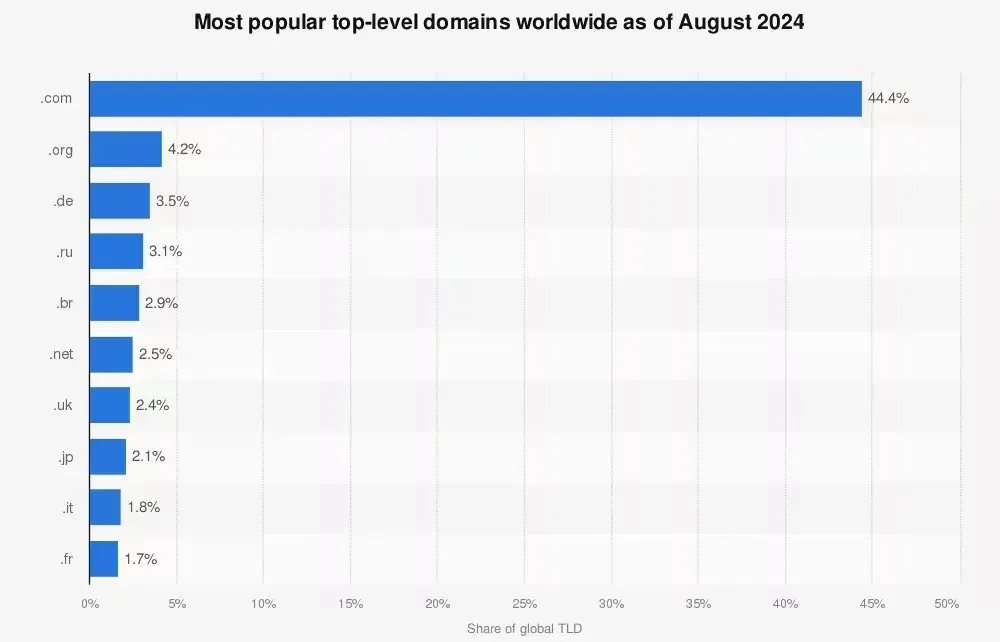
For example, if you're a small business in Zionsville, Indiana, you might consider using a .com domain for a global reach. If you specialize in a specific industry, such as technology or photography, a new TLD like .io or .photography could be a good option.
2. Naming Best Practices
Choose a domain name that is easy to spell, remember, and understand. Avoid hyphens and double meanings, and make sure it aligns with your industry and brand. Be unique and steer clear of copyrighted terms. Use domain name generators for inspiration.
3. Keywords in Domain Names
- Exact Match Domains (EMDs): Domains that precisely match a search query.
- Partial Match Domains (PMDs): Domains that include a brand name and a keyword.
While EMDs and PMDs can offer benefits, prioritize brand development and user experience. Focus on creating high-quality content and earning natural backlinks for sustainable SEO success.
4. Uncovering the Domain History
When considering a used domain, thorough research is essential:
- Content Archive: Use Wayback Machine to view historical snapshots of the website.
- Hosting History: Check for frequent changes in hosting providers, which could indicate instability.
- Keyword Rankings: Analyze past keyword rankings to understand the domain's previous focus.
- Indexed Pages: Identify pages indexed by search engines, including any low-quality content.
- Backlinks: Evaluate the quality and relevance of backlinks.
- Anchor Texts: Examine anchor text patterns for any potential manipulation.
5. A Metric to Consider is Domain Trust
While not a direct ranking factor, domain trust reflects a domain's credibility. Tools like Cohesive Digital's Domain Trust (DT) and Page Trust (PT) can help assess this. Remember, Google uses its own algorithm for determining trust, so don't rely solely on third-party metrics.

Now It Is Your Turn
Choosing the right domain name for your Zionsville small business is a strategic decision that can impact your online visibility and brand recognition. By understanding the connection between domains and SEO, you can make an informed choice that sets you up for success. Remember, focus on creating a memorable, relevant, and user-friendly domain name that reflects your brand and resonates with your target audience. With a well-optimized domain and a comprehensive SEO strategy, you can boost your online presence and reach more customers in Zionsville and beyond.
Need help with domain selection or SEO? Cohesive Digital's
SEO Toolkit and
Website Design services can provide expert guidance and support.
Contact us today to learn more.
